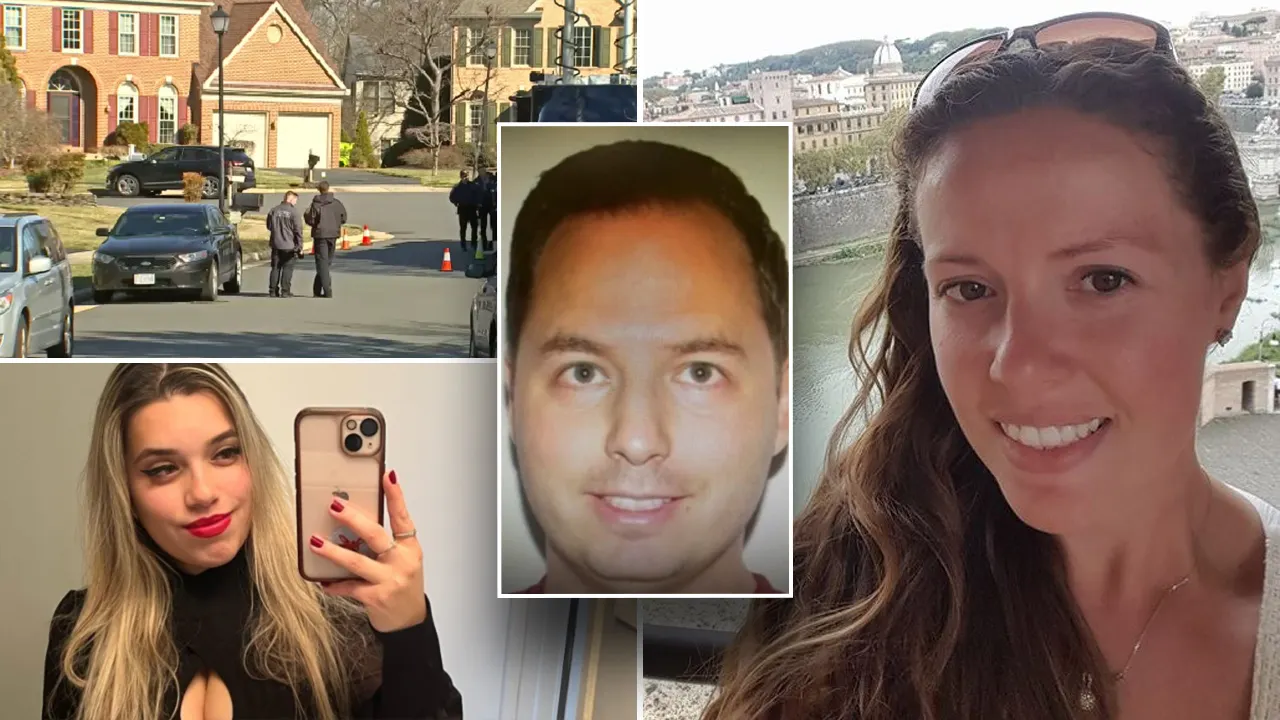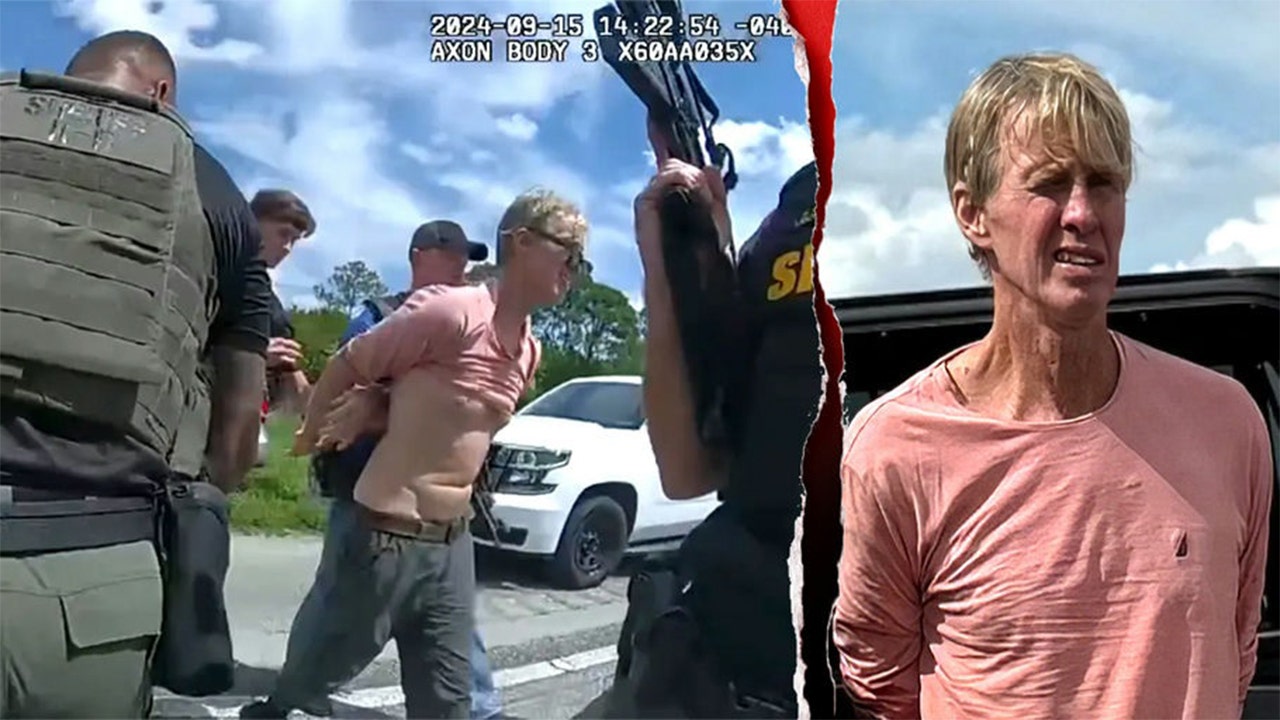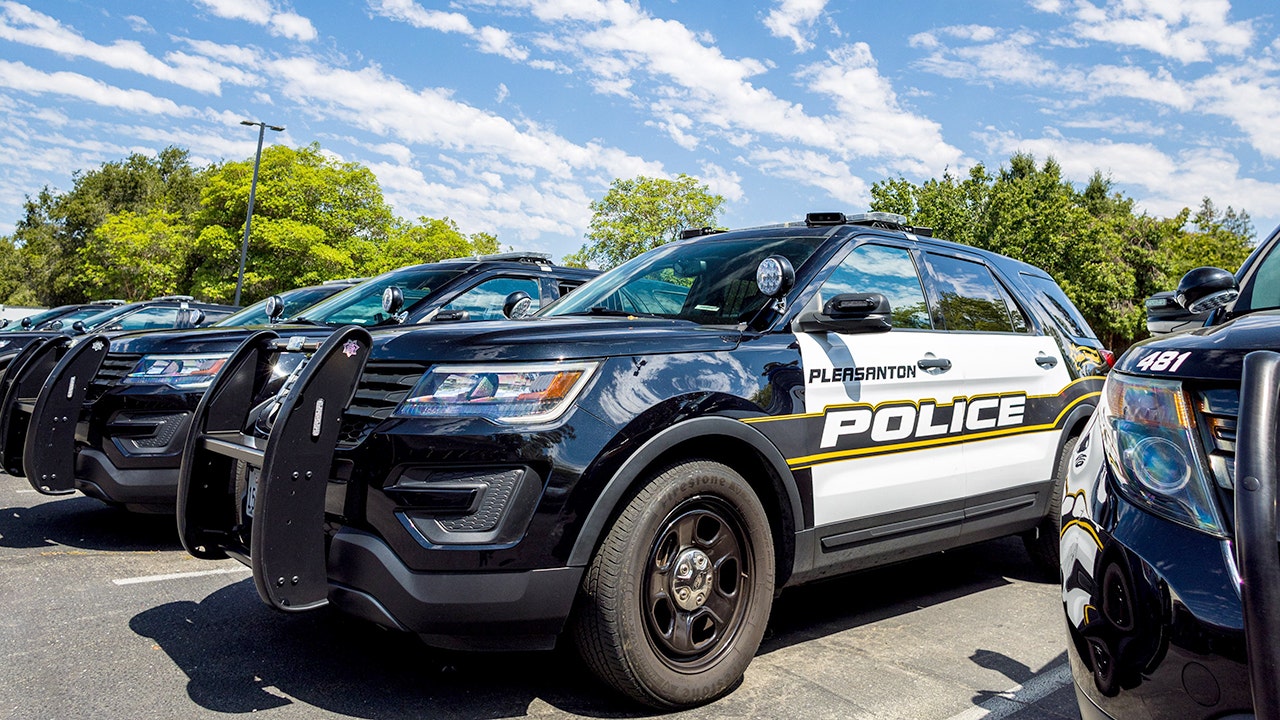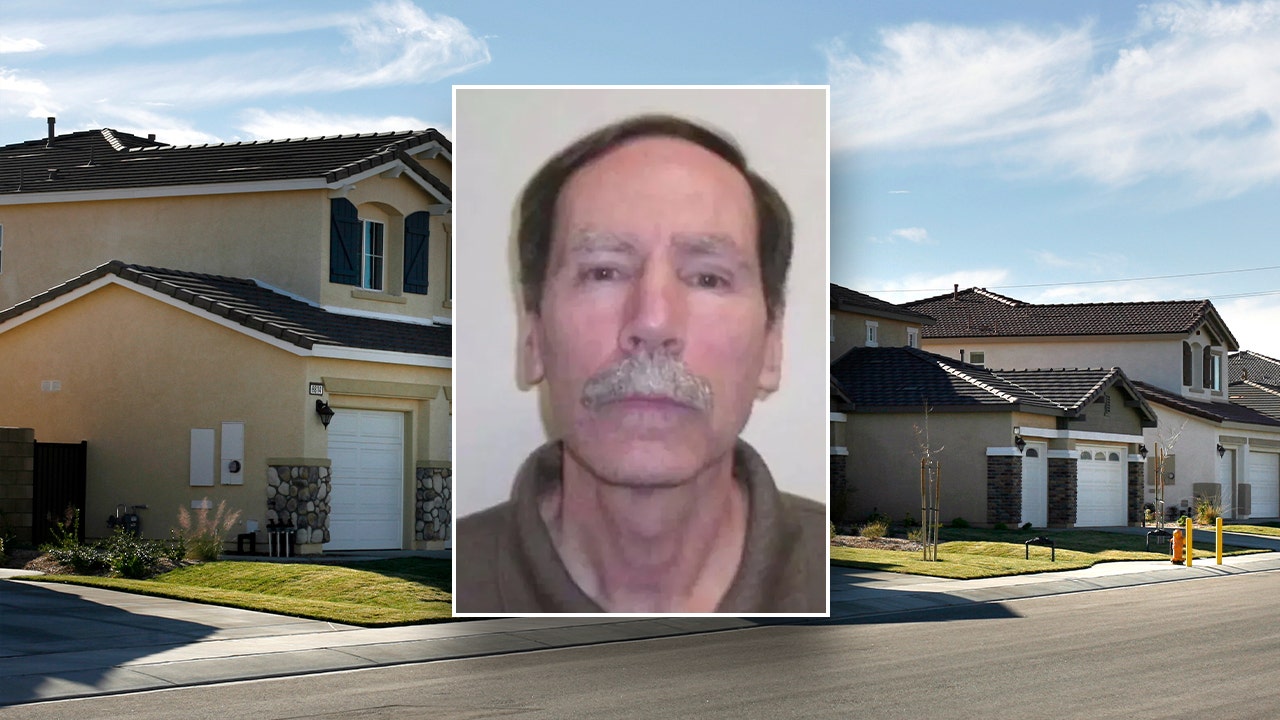As nationwide anti-Israel demonstrations on college campuses near three weeks of activity, some universities have requested the assistance of police to deal with the problem, while others have caved in and agreed to certain demands by the protesters.
The decisions by administrators to either concede some demands of the protesters or allow their activity to continue, stand out amid the chaotic scenes and more than 2,400 arrests on dozens of campuses nationwide since mid-April. Tent encampments and building takeovers have disrupted classes at some schools, including Columbia, USC and UCLA.
The protesters have mostly demanded that their university cut all ties with Israel, including study abroad programs and links to the Israeli military, now embroiled in the war in Gaza.
Here is a look at some of the universities that have reached agreements with the protesters.
Anti-Israel protesters rally outside of New York University’s campus in New York on Friday, May 3, 2024. Campus protests continue to stretch into their third week as tensions rise across the United States. (Rashid Umar Abbasi for Fox News Digital)
RUTGERS UNIVERSITY
Anti-Israel protesters at Rutgers University in New Brunswick, New Jersey, packed up their tents Thursday afternoon after administrators agreed to eight of their 10 demands.
Rutgers students occupy tents and hold rallies outside Murray Hall as part of their protest in support of Palestinians affected by the war in Gaza. (Alexander Lewis / MyCentralJersey / USA TODAY NETWORK)
The state university agreed to establish an Arab Cultural Center and to not retaliate against any students involved in the camp.
Chancellor Francine Conway noted protesters’ request for divestment from companies doing business with Israel and for Rutgers to cut ties with Tel Aviv University. She said the request is under review, but “such decisions fall outside of our administrative scope.”
BROWN UNIVERSITY
Protesters at Brown University in Rhode Island agreed to dismantle their encampment on Tuesday. School officials said students could present arguments for divesting in Brown’s endowment from companies contributing to and profiting from the war in Gaza.
Euphoric students at Brown University celebrate their deal on divestment. (Joseph Prezioso/AFP)
Brown President Christina Paxson will also ask an advisory committee to make a recommendation on divestment by Sept. 30, which will be put before the school’s governing corporation for a vote in October.
NORTHWESTERN UNIVERSITY
Activity at Northwestern University in Illinois abated earlier this week after protesters reached an agreement with administrators. The deal curbed protest activity in return for the reestablishment of an advisory committee on university investments and other commitments.
Students and residents camp outside Northwestern University during a pro-Palestinian protest, expressing solidarity with Palestinians with banners in Evanston, Illinois, United States on April 27, 2024. (Jacek Boczarski/Anadolu via Getty Images)
The arrangement drew dissent from both sides. Some pro-Palestinian protesters condemned it as a failure to stick to their original demands, while some supporters of Israel said it represented “cowardly” capitulation.
POLITICO MOCKED FOR BEING SURPRISED ON WHO IS FUNDING ANTI-ISRAEL PROTESTS: ‘SURPRISING TO WHO?’
Seven of 18 members subsequently resigned from a university committee that advises the administration on addressing antisemitism, Islamophobia and expressions of hatred on campus, saying they couldn’t continue to serve “with antisemitism so present at Northwestern in public view for the past week.”
EVERGREEN STATE COLLEGE IN OLYMPIA, WASHINGTON
Evergreen State College in Olympia, Washington struck a deal with anti-Israel demonstrators earlier in the week with administrators vowing to publicly call for a cease-fire and weigh divesting from companies tied to Israel. In exchange, protesters agreed to remove their encampment.
The agreement came about after hours of negotiations.
UNIVERSITY OF MINNESOTA
The University of Minnesota in Minneapolis on Thursday announced that it had reached an agreement with protesters to end an encampment on the university’s Northrop Mall.
Police at the University of Minnesota’s Twin Cities campus dispersed an encampment of anti-Israel protesters on Tuesday morning. Nine protesters who refused to leave were arrested. (FOX9 Minneapolis KMSP)
Interim University President Jeff Ettinger outlined the terms of the agreement in a message to protesters on Monday.
Under the terms, protest organizers will address the Board of Regents weekly. The university has pledged “to advocate to the Minneapolis City Attorney for lenient remedies for those previously arrested in connection” with the campus protests.
Pro Palestinian students lock arms, sing and chant as they braced for New York Police Department officers to raid campus after Columbia University President Minouche Shafik called on the NYPD to dismantle encampments and remove individuals from Hamilton Hall, Tuesday, April 30, 2024, in New York. (Seyma Bayram via AP)
Meanwhile, other universities like the University of California at Berkeley, Wesleyan in Connecticut and George Washington in D.C., have allowed campus encampments to continue. In the latter case, a spokesperson told the San Francisco Chronicle it was aware of its encampment expanding.
The University of Chicago said Sunday it had suspended discussions with anti-Israel protesters on campus because their requests “were inconsistent with the University’s principles.”
The school also flagged misinformation being spread on social media, namely, that it was establishing a “Gaza Scholars at Risk Initiative.” The school said the “Scholars at Risk” program was an existing initiative at the University of Chicago and other leading universities and colleges.
“The program is open to scholars throughout the world. All scholars impacted by this conflict are being encouraged to participate,” the university said in a statement. “In addition, [University of Chicago Police Department] presence on the Quad has fluctuated based on needs and circumstances and at no point did we reduce – or agree to reduce – the security presence based on negotiations.”
“We will continue to act in support of our two primary objectives: the prevention of any disruption to university operations, and the safety of the campus community.”
The Associated Press contributed to this report.
Bradford Betz is a Fox News Digital breaking reporter covering crime, political issues, and much more.




